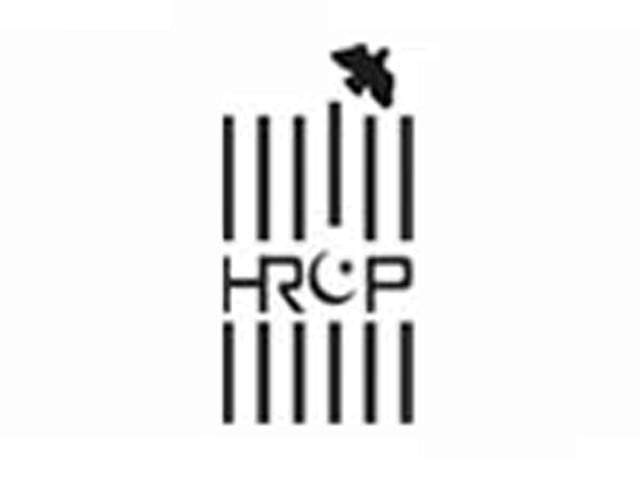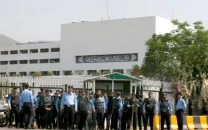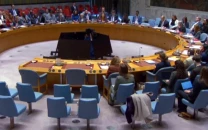HRCP raises alarm over 26th Amendment
Warns against political influence over judiciary

The Human Rights Commission of Pakistan (HRCP) has voiced strong reservations about the recently passed Constitution (Twenty-Sixth Amendment) Act 2024, expressing concerns that key aspects of the law could undermine judicial independence.
The amendment was passed into law on October 21, and while the final version of the law appears less extreme than earlier drafts, HRCP remains concerned, according to a statement from HRCP Chairman Ahsan Iqbal Butt on Tuesday.
"First, the manner in which constitutional benches are to be established, as well as their composition, raise serious concerns that, in practice, the credibility of these benches may be compromised by direct political influence," Butt said.
The HRCP fears that the amendments could allow for excessive political control over the judiciary, threatening its independence.
A particular point of contention for HRCP is the composition of the Special Parliamentary Committee, which is tasked with nominating the Chief Justice of Pakistan.
The committee, consisting of members of the Senate and National Assembly based on proportional representation of political parties, "gives the government of the day a dangerous advantage, potentially subjugating the judiciary in contravention of Pakistan's obligations under Article 14 of the ICCPR," HRCP warned.
Despite these concerns, the HRCP did not object to the amendment to Article 184(3), which restricts constitutional benches from exercising suo motu jurisdiction.
The watchdog also welcomed the introduction of Article 9A, which makes the right to a clean, healthy, and sustainable environment a fundamental right.
"HRCP does not object to the amendment to Article 184(3) under which constitutional benches cannot exercise suo moto jurisdiction. HRCP also acknowledges that Article 9A, which makes the right to a clean, healthy and sustainable environment a fundamental right, is a significant and long-overdue amendment, which the government must implement urgently."
However, HRCP also expressed alarm over allegations made by the opposition regarding coercion in securing support for the passage of the Act. "These are extremely serious and must weigh on the conscience of those who proposed the Act. Such allegations must not be dismissed out of hand," Butt added.
The HRCP further criticised the absence of a thorough and transparent public debate on a single, official version of the bill.
"Any constitutional amendment warrants such scrutiny," the commission stated, raising concerns about the legitimacy of the law's intent due to the lack of meaningful discourse.
"Of deep concern to HRCP are the political opposition's allegations of coercion with respect to supporting the passage of this Act. These are extremely serious and must weigh on the conscience of those who proposed the Act. Such allegations must not be dismissed out of hand.
HRCP reiterates that the absence of careful and sustained public debate on a single, official version of the billwhich any constitutional amendment warrantsalso raises questions as to the legitimacy of its intent."


















COMMENTS
Comments are moderated and generally will be posted if they are on-topic and not abusive.
For more information, please see our Comments FAQ